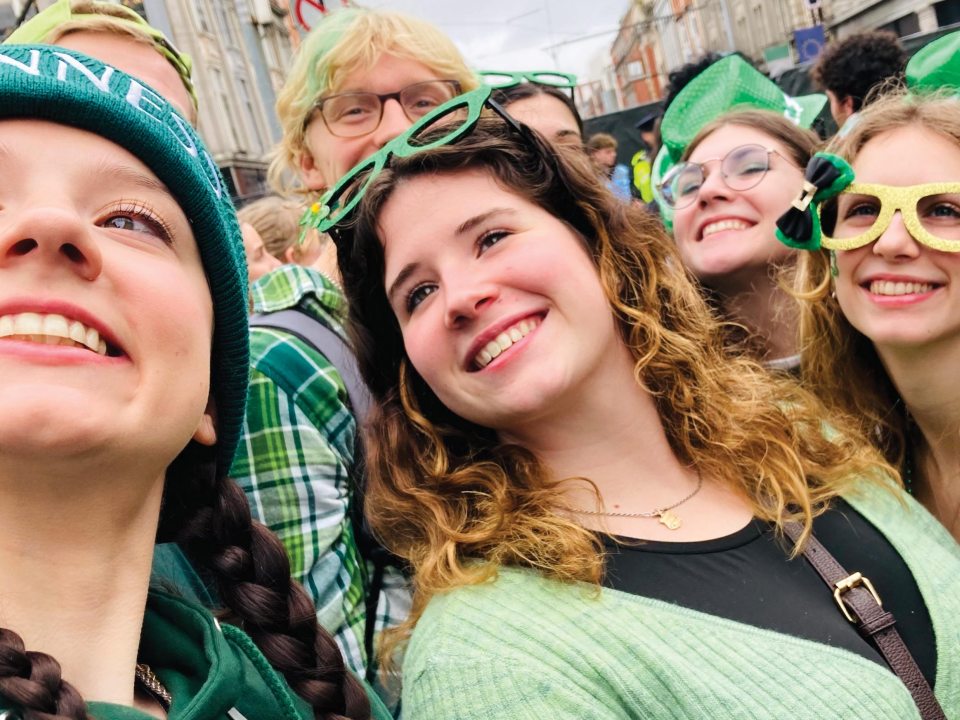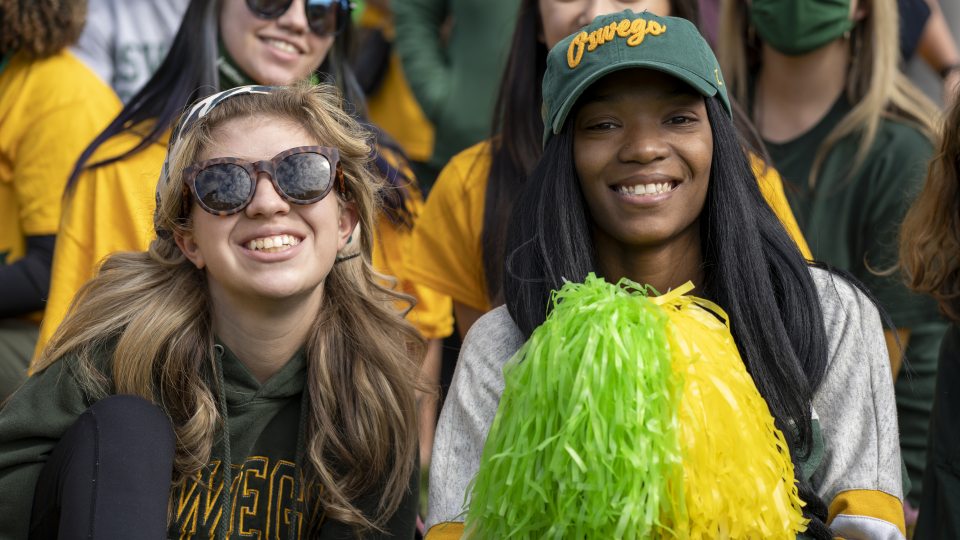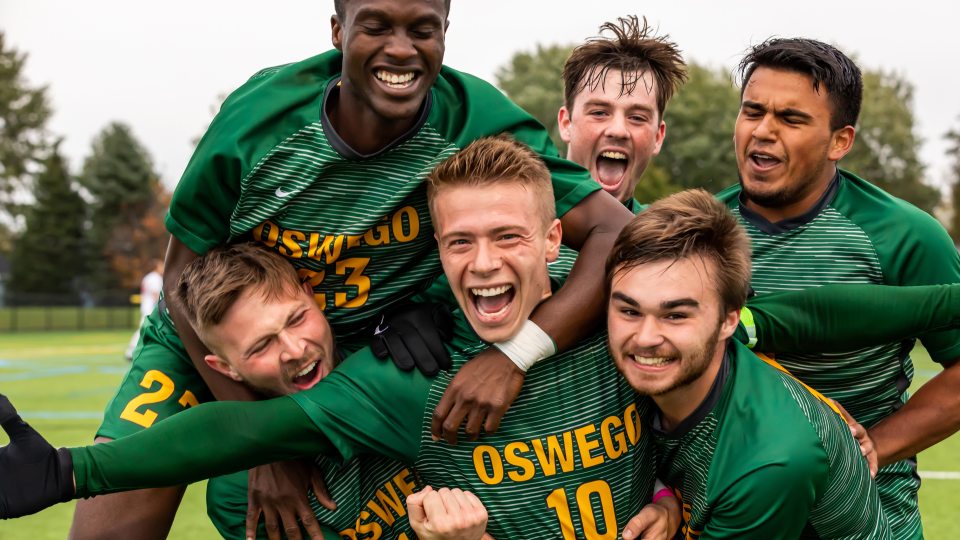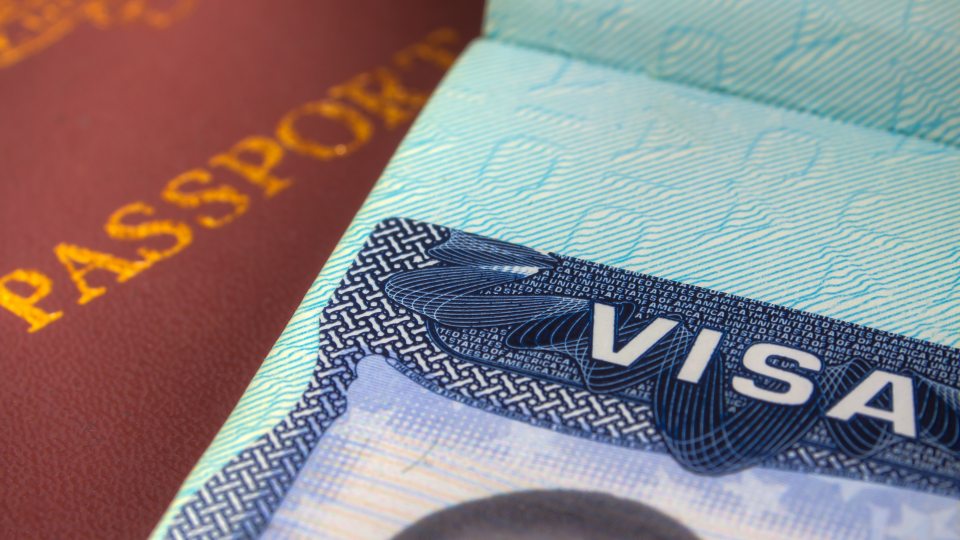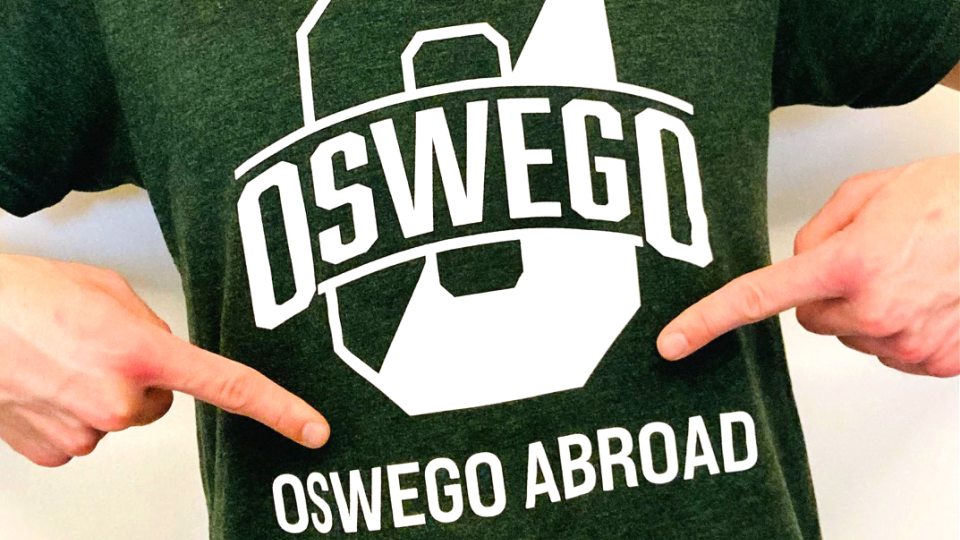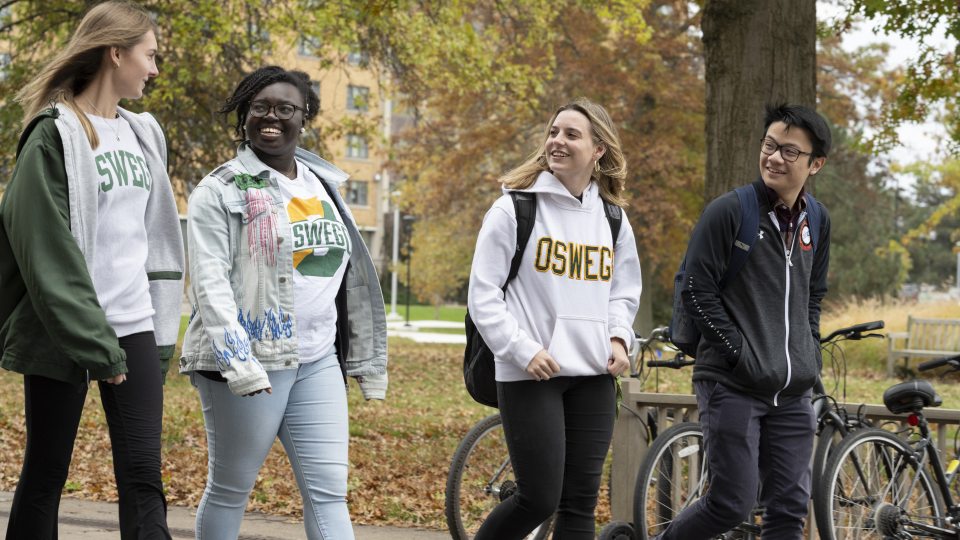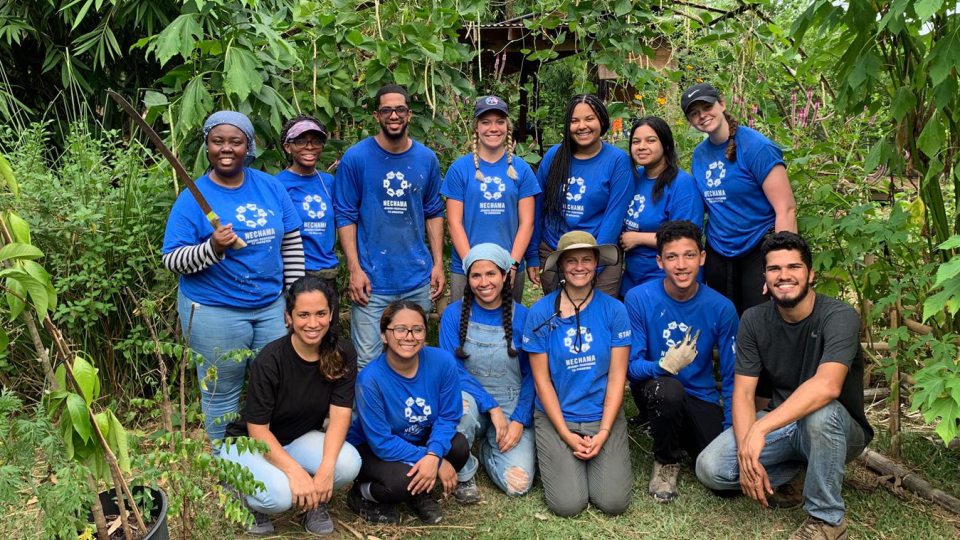If you are interested in taking courses abroad, talk with your academic advisor. Students must receive approval of their selected courses before traveling internationally. Follow the guidelines below to ensure a smooth process and to meet all the necessary requirements.
Read through the guidelines provided below and familiarize yourself with proper procedures and the documentation needed to travel out of the country. Be sure to contact your advisor with any questions or concerns.
Select from the steps below to jump to the specific section of interest:
- Who Studies Abroad?
- STEP 1: Where to Begin? Before Traveling Abroad
- STEP 2: Be sure to Attend! Pre-Departure Orientation
- STEP 3: How to Transition Back? Before Returning Home
- STEP 4: Now What? Keep the Journey Going
If you are a SUNY Oswego student who currently receives accessibility resources, or who has a disabling condition that may impact your ability to study abroad, please contact Accessibility Resources at 155 Marano Campus Center, by phone at (315) 312-3358, or via email at [email protected]. Non-SUNY Oswego students should contact their home campus Office of Accessibility Resources for assistance.
